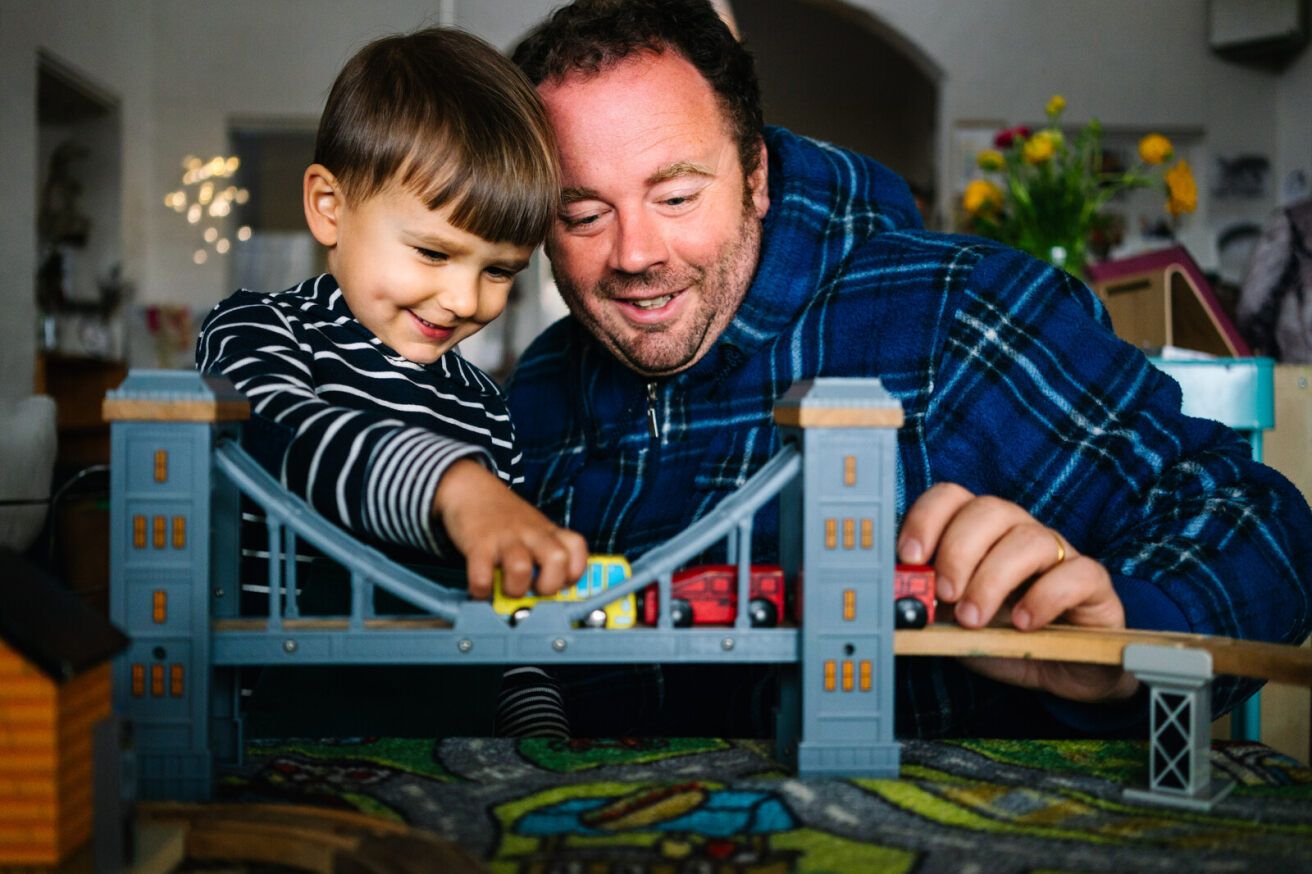Children’s success as learners depends on developing strong foundations from infancy, and play based learning supports this. The type of play children engage in changes as they grow.
When educators use a play based learning approach, children enjoy showing their ability to explore, imagine, and make decisions.
Benefits of play-based learning
Your child's physical development
Active play using muscles in activities like running or sporting games supports:
- overall health, physical growth and wellbeing
- skills for independence in self-help such as dressing or feeding.
Your child's social and emotional development
Dramatic imaginative play, dressing up and role play supports:
- negotiation skills, self-confidence, resilience, and empathy
- independence in self-regulation of emotions and behaviour
Your child's cognitive development
Thinking, remembering, learning and paying attention supports:
- imagination, creativity and problem solving skills
- literacy and numeracy skills
How educators provide play based learning
Educators develop learning programs and activities for children under the national approved learning frameworks.
Educators plan play-based learning experiences based on children’s interests and developmental needs, then observe them to plan activities to strengthen skills. The educational leader of a service plays a significant role in guiding and developing educators’ and families’ understandings about play-based learning, and the significance of the early years in the education continuum for children.
Educators set up age-appropriate games indoors and outdoors that can be played safely. Often they use multi-purpose resources for creative activities, such as building a bridge with blocks or turning a box into a car.
Educators allow time for children’s own ideas and games to develop, and join play to model skills and positive behaviours.
How parents can support play based learning
You can play with your child, and let their educator know about their interests and abilities. Sharing this information helps your child's educator plan their learning program and activities.
